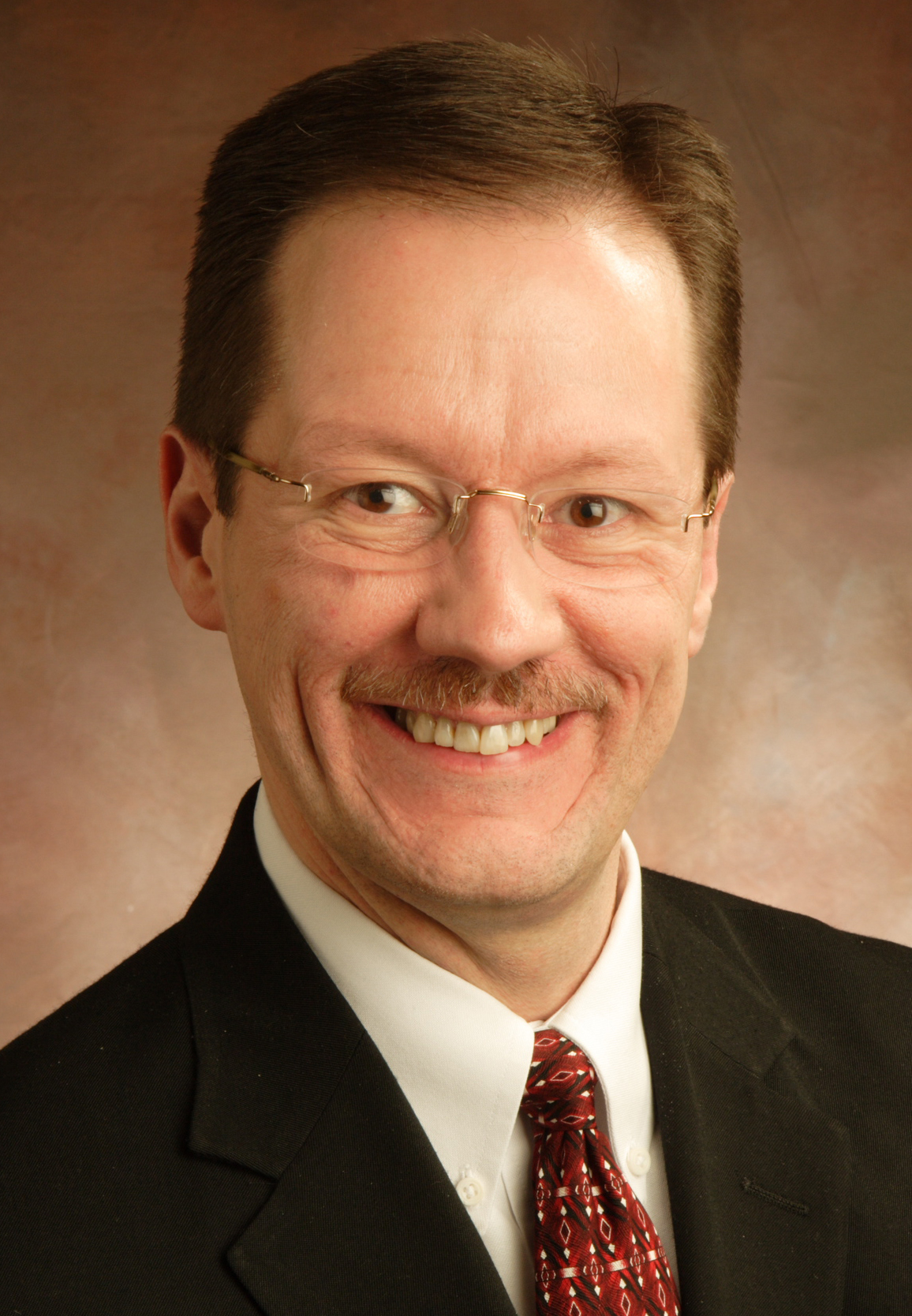
WAKE FOREST, N.C. (BP) — I have traveled around the world and have reviewed many strategies for making global disciples, but this one caught my attention like few others. I am concerned that we help new believers develop a strong biblical theology, and this approach does just that.
John*, an IMB missionary serving in one of the most populated regions of the world, uses the Bible and the Baptist Faith and Message as his resource for training new believers and leaders. You likely have seen the layout of the BF&M: several theological articles complete with commentary and scriptural references. Instead of giving his students a translated version of the BF&M, though, John gives them only the scripture references that accompany each article and several questions to guide their study.
Imagine this scene. A group of new believers who have left another world faith to follow Christ are learning to study the Word. John gives them this exercise as they study the Word together:
The Scriptures (Theology Exercise #1)
Exodus 24:4; Deuteronomy 4:1-2; 17:19; Joshua 8:34; Psalms 19:7-10; 119:11,89,105,140; Isaiah 34:16; 40:8; Jeremiah 15:16; 36:1-32; Matthew 5:17-18; 22:29; Luke 21:33; 24:44-46; John 5:39; 16:13-15; 17:17; Acts 2:16ff.; 17:11; Romans 15:4; 16:25-26; 2 Timothy 3:15-17; Hebrews 1:1-2; 4:12; 1 Peter 1:25; 2 Peter 1:19-21.
What is the Bible?
Who wrote the Bible?
Who inspired the Bible?
Is the Bible true?
Does the Bible contain any error?
The believers work together in several groups of five or six, first reading the texts aloud and then corporately seeking answers to the questions. They must answer only with the words of Scripture, and they must also state the references. This process alone often takes a few hours.
Next, the multiple groups join together to review the individual group responses. Collectively, they evaluate the responses and correct each other as needed based on the teachings of the Word. Should the group ultimately reach an untenable conclusion, John steps in to guide them back to the Word for further study. Most often, the group properly corrects one another, like when several believers corrected two others who stated that Christians can lose their salvation.
This second step in the process often requires two or more hours of additional work. Thus, the groups spend four to five hours studying each doctrine intensely. The entire group of studies requires eight full-day sessions, often scheduled once per month. At the end of each study, the believers then have a written resource for guiding further study, for teaching others, and for recognizing and correcting error.
My reasons for affirming this model are several. First, it begins and ends in the Scriptures. The believers start by reading the Scriptures, find their answers in the scriptures, and submit to the Scriptures when theological correction is in order. They begin to understand that the Bible truly is profitable for teaching, reproof, correction and training in righteousness (2 Timothy 3:16).
Second, this approach highlights the importance of proper theology. Doctrinal error is always a threat — especially for young believers — but proper attention to the Word helps guard against that danger. Models like this one emphasize the theological foundation on which churches are built.
Third, it emphasizes the value of the church’s studying the Word together. Believers not only learn the Word, but they also learn how to study it. Should some formulate false beliefs, the group takes seriously its responsibility to correct one another. Missionaries like John guide them in this group discovery process, lovingly correcting them as needed so they teach the Word properly to next generations.
Fourth, it is reproducible. Indeed, John expects his students to teach other believers during the time between his training sessions. Because they now have a resource and a method to instruct others, they can reach and teach another generation of believers. Should questions arise they cannot answer, further training sessions with John and the group provide opportunities for more study.
This method may be only a beginning in theological training, but it is a robust one. In eight sessions of reading, discussing and correcting, the believers formulate their theology about the Scriptures, God the Father, Jesus, the Holy Spirit, Man, Salvation, the Church and Last Things — all based on the Word. I suspect most believers in our North American churches seldom receive this level of training.
I am grateful for missionaries like John who take seriously their responsibility to sow the Word, lead non-believers to follow Christ, teach believers a strong biblical theology, and equip them to plant healthy churches. They give me confidence that our support through the Cooperative Program and the Lottie Moon Christmas Offering is reaping fruit. Moreover, their work challenges me to strengthen my own efforts in these tasks right where I live in North Carolina.
–30–
*Name changed. Chuck Lawless is dean of graduate studies at Southeastern Baptist Theological Seminary in Wake Forest, N.C., and global theological education consultant for the International Mission Board. Get Baptist Press headlines and breaking news on Twitter (@BaptistPress), Facebook (Facebook.com/BaptistPress) and in your email (baptistpress.com/SubscribeBP.asp).

















